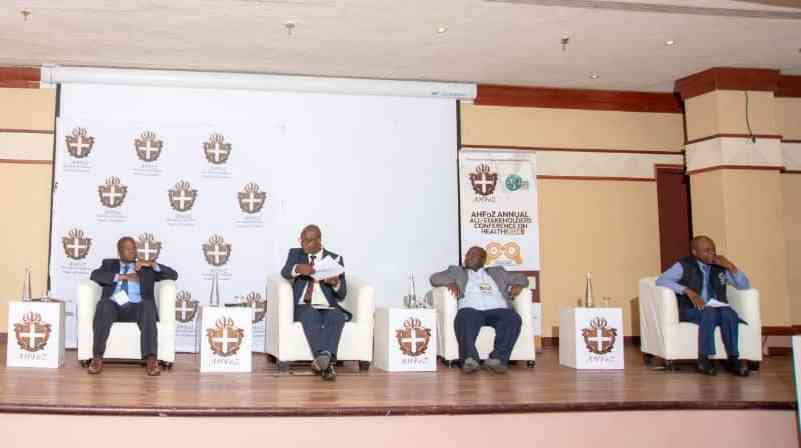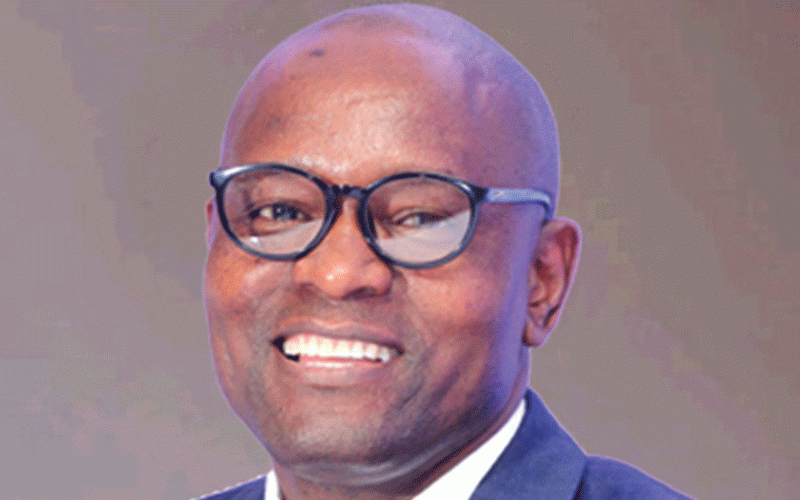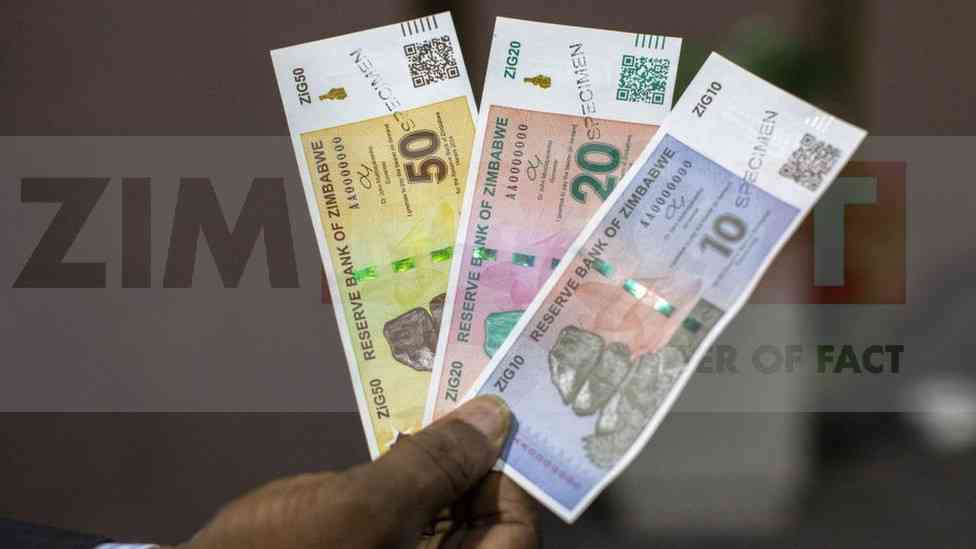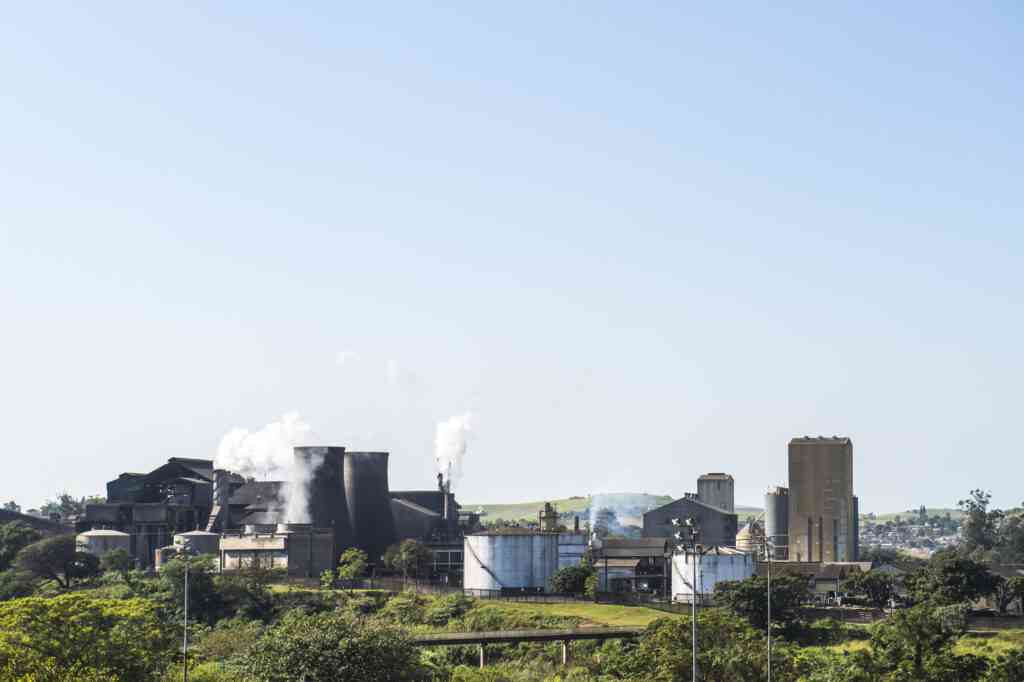HEALTH economist Albert Makochekanwa says the country's dire economic status is forcing people to seek cheaper and sometimes untested medical alternatives, thus compromising their health.
Makochekanwa made the remarks at while giving an economic outlook focusing on healthcare sector in 2024 and beyond at the currently ongoing Association of Healthcare Funders of Zimbabwe (AHFoZ) annual conference in Victoria Falls.
He said the situation is exacerbated by continuous foreign currency challenges. “Unfortunately, that's where we are. Our exports are not enough to cover the requirements that we want in terms of use of foreign currency (and) that affects sectors, including the medical or health sector,” he said.
“We have a low demand in terms of seeking health services, not because people don't want it, but unfortunately, their wallet cannot afford them.“We also have to take into account the fact that in our context in Zimbabwe, we have a relationship with some of our citizens. They choose another route. We have faith-based routes where they go to prophets or prophetesses. Some go to n’angas. It's a reality in Zimbabwe and an option that is being used as far as medical attention is concerned.
“We have to take that on board; the low demand is a combination of money being not enough, a combination of alternative routes in terms of going to prophets. We also have the issue of poverty level hindering access to health care,” he said.
- Triangle retrenches as economy bites
- Caledonia in US$42 million capex drive for 2025
- Mukuru launches mobile wallet in Zim to bolster financial inclusion
- Economy heads for a bloodbath: Biti
- NBS completes Glaudina housing project ahead of schedule
Makochekanwa said medical services in Zimbabwe are extremely expensive compared to other countries.
.“When we have a serious medical issue, like one's operation, some of our hospitals provide the hospital. They are capable to add equipment but we cannot afford. We go to South Africa, we go to India though some of those things can be done here in Zimbabwe.
“The prices, locally you get a quotation of US$20 000. You go to India, you get it for US$2 500. These are realities with our medical system in Zimbabwe,” he said.
Makochekanwa said joining a medical aid by all standards becomes an extreme luxury given the current economic status.
“For instance, we have 61.4% of Zimbabweans residing in rural areas.In rural areas, majority of them cannot afford a dollar to go to the grinding mill to just ensure that they have a minimum. When it comes to medical aid, some of them, they don't even know what is a medical aid. All they know, they are clinics, government clinics. “Thanks to the government, in rural areas, my basic income is free. But all I'm saying is the level of poverty cannot afford the majority of us to join,” he said.
The country has seen a decline in health seeking behaviour especially as a result of discouraging charges being charged by experts.













